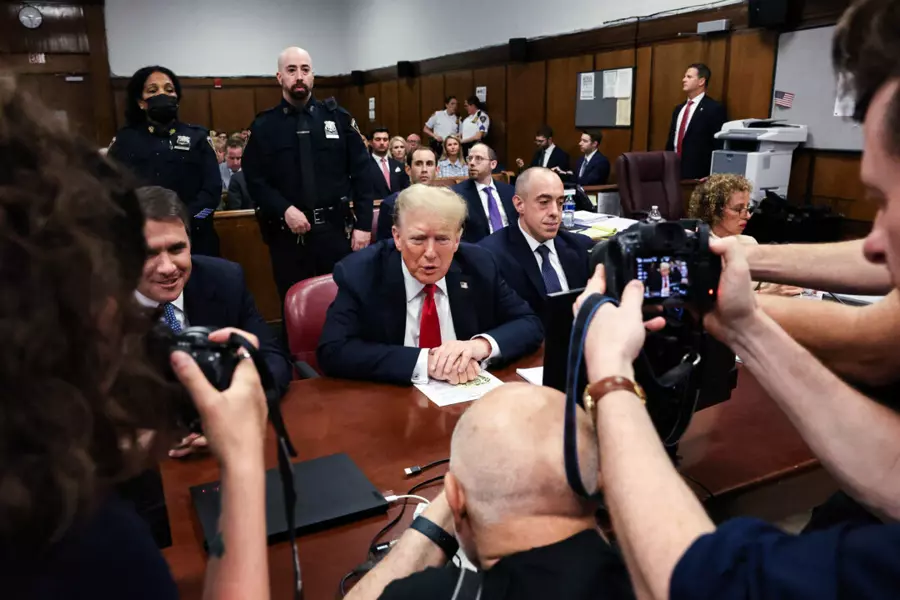Former President Donald Trump’s criminal case began with jurors deliberating on May 29, after Justice Juan Merchan provided over an hour of instructions on the law. Trump faces 34 counts of falsifying business records in the first degree – each count allegedly falsified with the intent to conceal another crime.
Intent, as defined by the judge for jurors, is a conscious objective or purpose and does not require premeditation. Three possible crimes that the falsified records may have aimed to conceal are: conspiracy to promote or prevent election of an individual to office by unlawful means (considering violations of FECA); falsification of business records; or violation of tax laws.
FECA, a law in place during 2015-2016, made it illegal to make contributions to presidential candidates over a certain limit. In the context of this case, an expenditure made in cooperation, consultant, or concert with a candidate can be considered a “contribution.” The contribution limit was $2,700 during that time period. Judge Merchan also explained the press exemption to FECA.
In New York City and state, it is unlawful to knowingly supply or submit false information in connection with taxes, even if this conduct does not result in the underpayment of taxes.
During the trial, the concept of “accessorial liability” was also explained to jurors. The judge asked them whether the witness had an opportunity to see or hear the events about which they testified and if their testimony was consistent with other evidence or testimony in the case. They were advised to consider a witness’s motive to lie, as well as any hopes for or expected benefits from testifying.
Additionally, jurors were reminded that they are not allowed to read anything into Trump not testifying during the trial. Throughout these proceedings, the defendant is presumed innocent, and the burden of proof never shifts from the prosecution to the defense. The jury must find the defendant guilty beyond a reasonable doubt, based on evidence presented by the People, for the charges to be proven.

